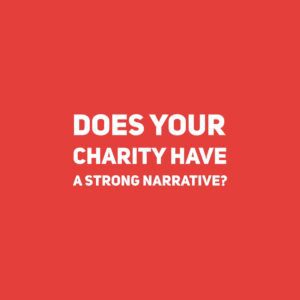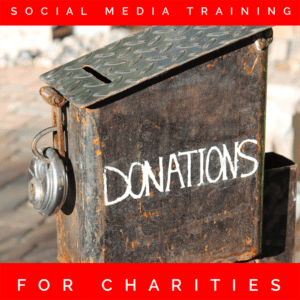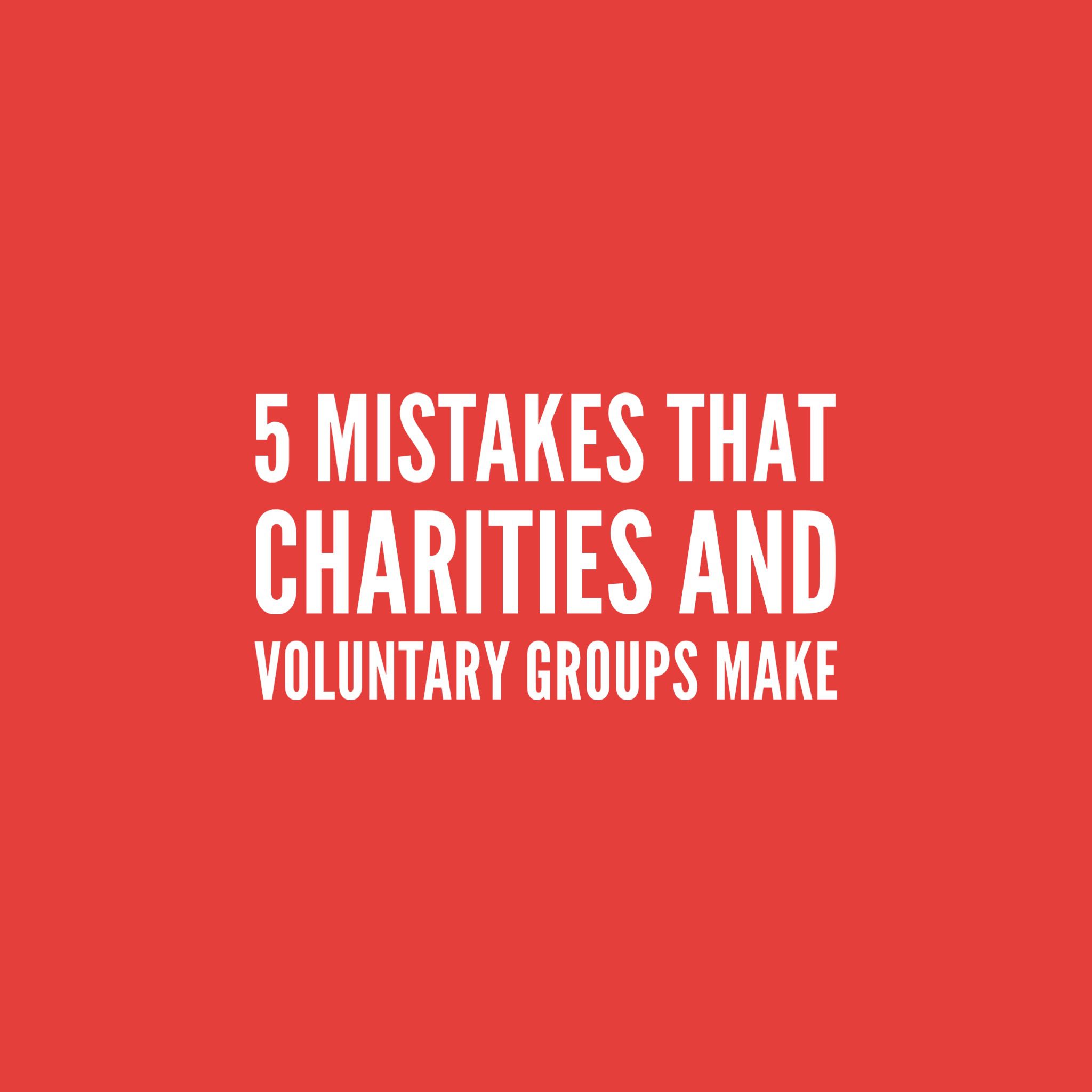People only have so much time and so much money
And
Businesses only have so much time and so much money
You can never lose sight of that fact and yet so often charities and voluntary groups do
Hearts may be huge, the capacity to care may be limitless – but the limited resources of time and money means that people and businesses have to prioritise those causes that are closest to them
This blog isn’t about marketing your charity – although you need to know
* In a recent survey over a third (38%) of people could not name a local charity in their area
* In the same survey 50% of those who said they did not donate to any local charities gave the reason as not knowing enough about them
This blog is about the mistakes that charities often make when they are known / visible and how to fix these mistakes could be harming your good work
1. Core Values: Always Stay True To The Need
Our core values and our why has remained the same since we set up in 2010 – help small businesses and organisations market themselves in the modern age
Literally that remit has never changed from day 1 till 6 years later, although the locations has got significantly wider
What was your why, your core values, the need that you set your charity and your group for and are those all still aligned to this day.
The reason I ask this – is because the larger charities will not have deviated from their why, their core values and the need
So often smaller charities will deviate depending on which funding / grants are available
And each time you deviate you lose a little of what made you special and relevant in the 1st place

2. Donation Requests: How To Ask For Donations The Right Way
Working with a number of businesses I see this all the time
The very public twitter mention request for a donation to a charity
We’re not talking open tweets to all followers or personal direct messages to targeted organisations that you feel have an affinity with your organisation
We’re talking about very public directed requests – And there’s no way to describe it other than blackmail and shaming somebody into a donation
If you have a strong narrative people will want to get involved and support
And if you are asking for donations – build up a targeted list of people to contact, ask them privately and show them they why they should get involved with specific details and tangible benefits.
For every request you send to a business – there will be 7 more requests that week for help – how are you standing out?

3. Narratives: The Importance Of A Strong Narrative
Charities are perfectly placed to have a strong narrative
Stories that have a beginning, a middle and an end
- This is why we do what we do
- These are the people and communities we’ve helped
- This is the result of where your donations went
- This is what we do on a day to day basis
- These are the people that help us
- This is what inspires us
Why so often do so many smaller charities narratives never evolve beyond we need your money / thanks for your money
So often we never find out how the money was spent, how it helped and what were the results
Lack of transparency for charities is a big problem
Make sure you’re open and tell those narrative that inspire people and build trust

4. Event Planning: Mitigating Risks and Maximising Impact
Remember at the start of the blog when we talked about the limited resources of time
If you want to run volunteer days then you have to respect volunteers time and plan ahead
So often I see organisations suggest volunteer days with 2 or 3 days notice, often on family days such as Easter Sunday, Mothers Day and Father’s Day or going against large community days
What often results from this is a series of anger induced tweets about lack of support, whereas planning in advance could have garnered all the support you ever wished for.
With over 10 years of events experience the golden rule was check the diary to check for any diary clashes. Mitigate any risks. And schedule events where you could get maximum impact. The same applies to charities

5. Etiquette: Don’t Vilify those that don’t support or donate
If in business people buy because of people, in charity people donate / volunteer because of people
Those people may be those close to those that have been supported by the charity
Those people may be those working in the charity or the voluntary organisation
And those people working for the charity can be the inspiration or the turn off for support
And for us the quickest way to lose support is vilifying those that they consider don’t support them
If you can’t say anything nice, don’t say anything at all
What it amplifies is the lack of empathy for the causes other people may be supporting at the time .
Because someone doesn’t support your charity doesn’t mean they’re not charitable
What really may be the root problems we’ve mentioned above and below
So to recap
1. Understand Your Core Values and Stick To Your Why
2. Ask for donations generally or privately and don’t blackmail publicly
3. Tell A Narrative That People Buy Into
4. Plan Events Or Volunteer Days In Advance
5. Don’t Vilify Those That Don’t Support – Their Time And Money Might Be At A Charity Closer To Home

WHAT NEXT?
If you’d like help with Marketing and Social Media for your Charity
Look at our Social Media Training for Charity and Voluntary Groups here
Or
Please call Alex on 07806774279 or email alex@altrinchamhq.co.uk





